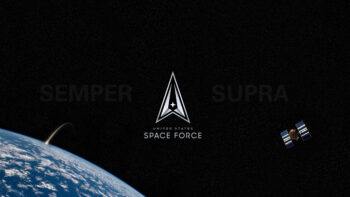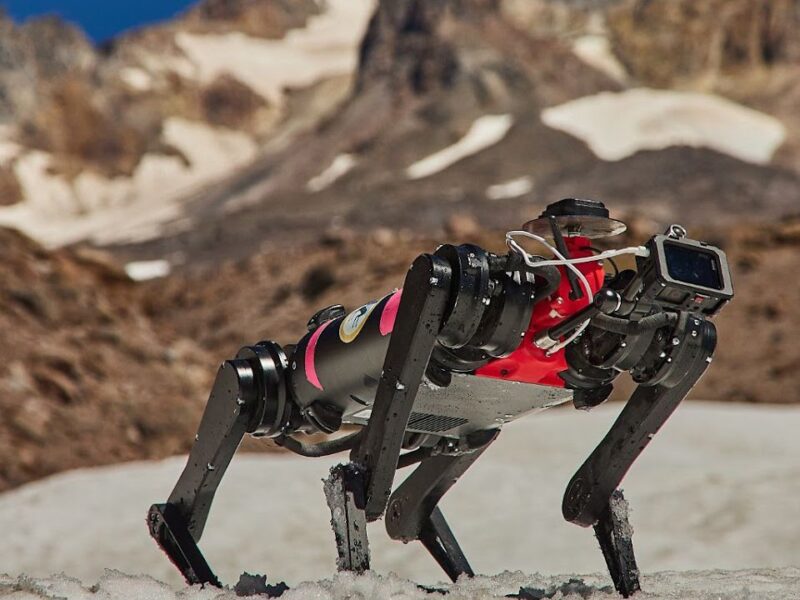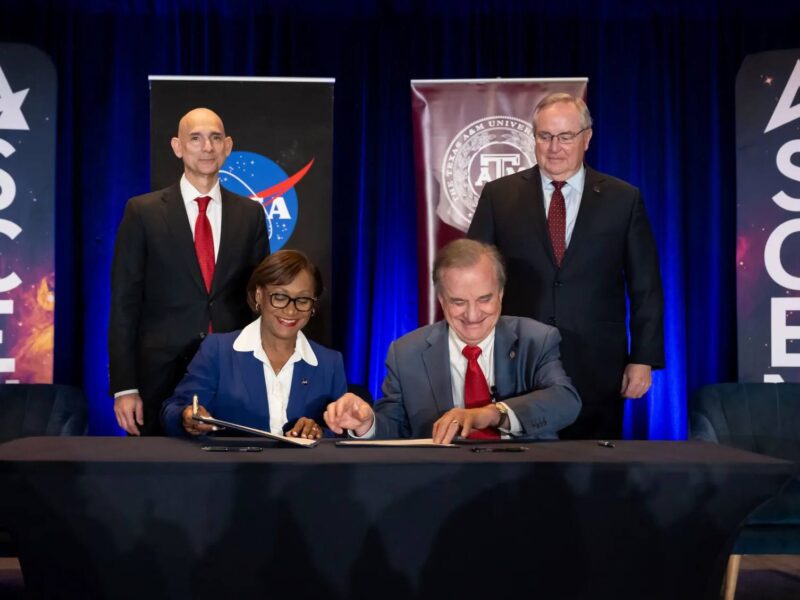Texas A&M Engineering Leads Collaboration For Revolutionary In-Space Operations Technologies

The United States Space Force has chosen Texas A&M University to lead the Space Strategic Technology Institute for In-Space Operations (SSTI-ISO), a groundbreaking initiative to advance technologies for in-space operations.
SSTI-ISO will develop new in-space operations, infuse new technologies into industrial efforts and government laboratories and provide access to workforce, talent and subject matter experts for defense space missions.
Dr. Robert Ambrose, J. Mike Walker ’66 Chair Professor in the Mechanical Engineering Department at Texas A&M and Director for Space and Robotics Initiatives for the Texas A&M Engineering Experiment Station, will lead SSTI-ISO as director.
“No university is better equipped for aeronautics and space projects than Texas A&M,” said John Sharp, chancellor of Texas A&M University System. “We thank General B. Chance Saltzman and the U.S. Space Force for trusting us with this important responsibility.”
With Texas A&M as the lead university, most of the testing will be performed in a dual spacecraft testbed located at the Texas A&M-RELLIS campus. At the end of last year, Gen. B. Chance Saltzman, chief of space operations for the U.S. Space Force, toured the RELLIS campus and its cutting-edge facilities to hear about the ongoing innovative research.
“As a space-grant institution, Texas A&M has a long history of conducting world-class research and technological innovation in space exploration,” said General (Ret.) Mark A. Welsh III, president of Texas A&M University. “This announcement not only acknowledges that Texas A&M is at the vanguard of space science and engineering, but it also emphasizes the exceptional quality of our world-class faculty. We are grateful to the U.S. Space Force for providing us with the opportunity to continue our work in this vital domain.”
SSTI-ISO, a collaborative effort involving leading academic institutions and industry partners, has been awarded $37.6 million for a 5-year project. Led by Texas A&M University, the team also includes researchers and students from the University of Southern California, the University of Texas at Austin, Purdue University, Carnegie Mellon University, the University of New Mexico, the University of Texas at El Paso, Prairie View A&M University and the Southwest Research Institute, amassing over 400 years of combined experience in the space sector.
“This is a real dream team for in-space operations,” Ambrose said. “These are professors that I have known for decades in some cases, and I’m really excited to bring everyone together to help the Space Force with its important mission in space.”
SSTI-ISO has garnered significant support from leading space industrial partners, including Northrop Grumman, Lockheed Martin, Intuitive Machines, Blue Origin, Lunar Resources, Novium, Aegis, and Axiom Space, all of whom have signed letters of support for the project.
“We will conduct extensive testing for the team here, evaluating and refining their ideas and algorithms for maturation and use by our industry partners,” Ambrose said. “We will be doing a lot of integrated testing.”
More than 50 students and researchers across all member institutions will collaborate on innovative in-space operations with customer and industrial partners.
“Texas A&M University Engineering stands at the forefront of space research, uniting academic excellence, industry collaboration and cutting-edge research,” said Dr. Joe Elabd, interim vice chancellor and dean of Texas A&M Engineering. “This convergence positions the university as a nexus of exploration, pushing the boundaries and advancing the forefront of space exploration.”
Media contact: Tim Eaton, 979-458-6018, teaton@tamus.edu





